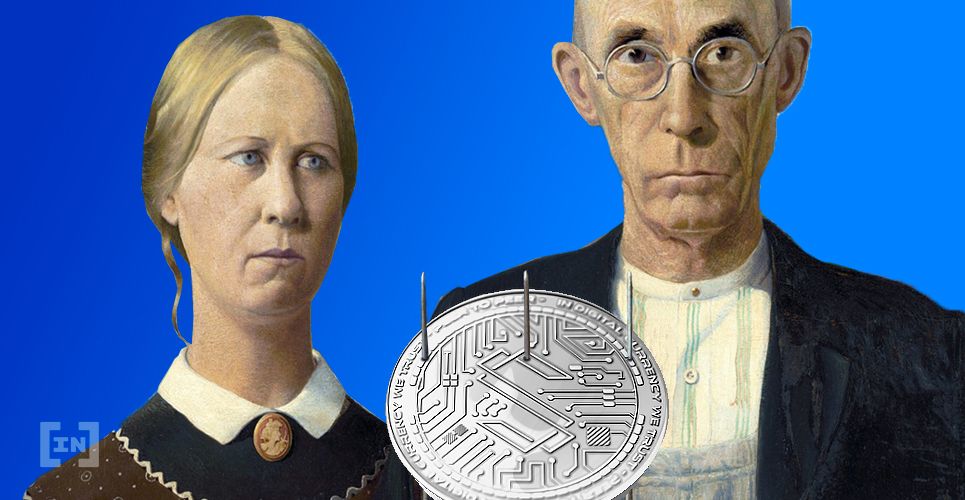It was only a few months ago I asked @DigitalLawyer for a crash course / resources on #cryptocurrency. Now we see it in 3-5% of all of our divorce cases. I expect that number to rise dramatically. https://t.co/5KV9bpVbiz
— Erin Levine (@hellodivorce) January 28, 2019
Cryptocurrency: A Marital Asset Like Any Other
In an interview with blogger Nick Rishwain, Levine said that her firm employs forensic accountants in approximately 10 percent of all cases. This is because divorce cases generally require assets to be audited, analyzed, and valued by an expert. Additionally, when asked whether spouses tend to hide their cryptocurrency holdings, she replied with an affirmative. In most cases, Levine says, people do not disclose their digital currency wealth in the initial disclosure documents. Her firm’s responsibility generally extends to discovering any such instance and legally requesting additional information. In certain other cases, spouses are aware of their partner’s cryptocurrency dealings and make the connection. To prevent missing out on cryptocurrency wealth in the future, Levine says that her firm’s financial intake process will now specifically look for cryptocurrency assets. If an individual is intentionally hiding an asset from their spouse, California law dictates that the victim is liable to receive the entire amount — instead of only 50 percent. As an attorney, she also reserves the right to subpoena the partner for additional information.
Increasing Popularity
Erin Levine is not the only family-law attorney to have found cryptocurrency investments among the list of marital assets. In a reply to her initial tweet, Ohio based lawyer Andrew Bloch said that he was also starting to observe an emerging trend among divorcing couples.Levine believes that technology companies in San Francisco’s Bay Area are also responsible for this uptick since a few of them have begun awarding digital assets as a form of bonus income. Naturally, in most cases, spouses have no knowledge of this income and may potentially lose out on money that is legally theirs. Should spouses be entitled to their partner’s cryptocurrency wealth similar to other assets? Let us know your thoughts in the comments below!I'm starting to see it in cases here in Indiana, though I doubt our percentage is as high. It's a relatively fascinating marital asset because it's so easy to hide or overlook. Often times one spouse may not know what it is.
— Andrew Bloch (@ARBlawyer) January 28, 2019
Disclaimer
In adherence to the Trust Project guidelines, BeInCrypto is committed to unbiased, transparent reporting. This news article aims to provide accurate, timely information. However, readers are advised to verify facts independently and consult with a professional before making any decisions based on this content. Please note that our Terms and Conditions, Privacy Policy, and Disclaimers have been updated.


